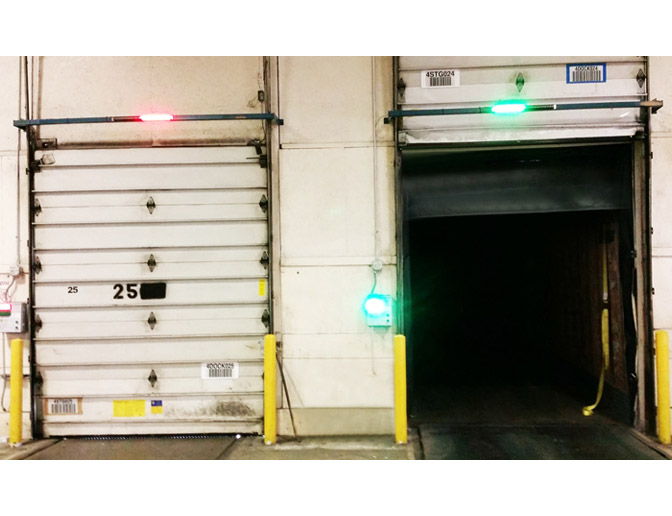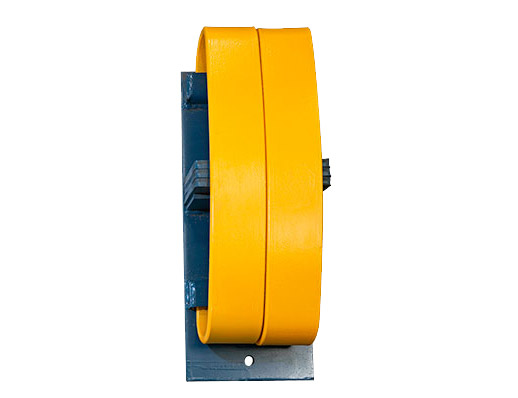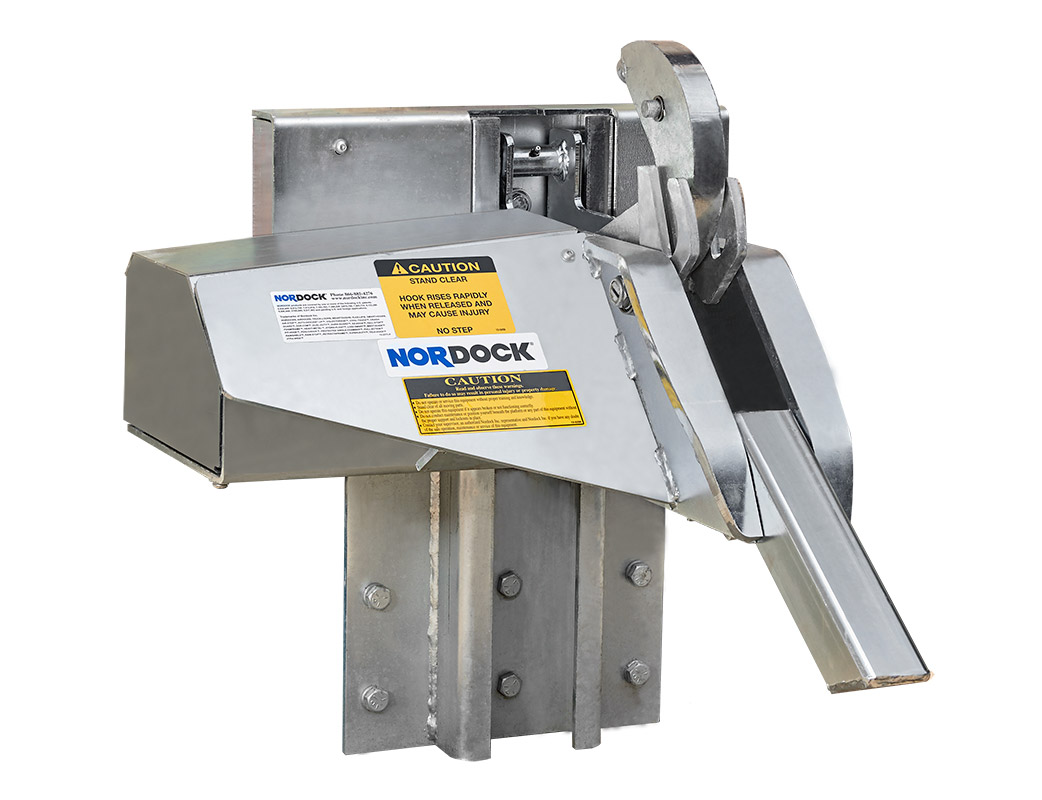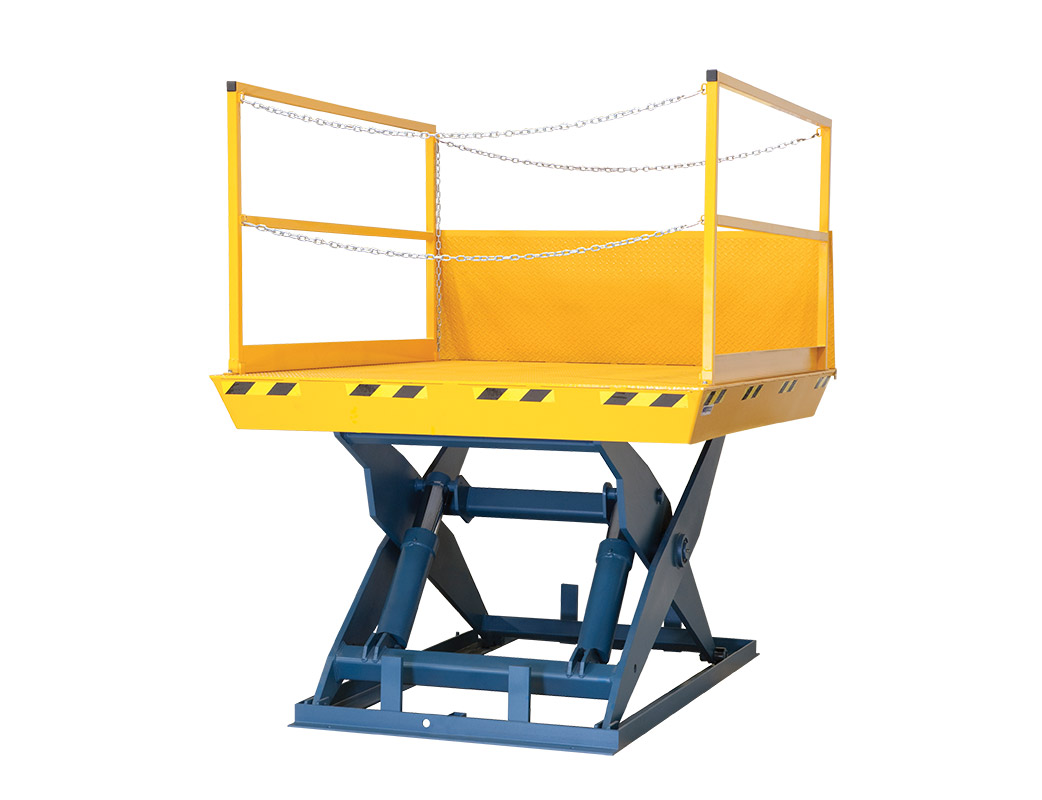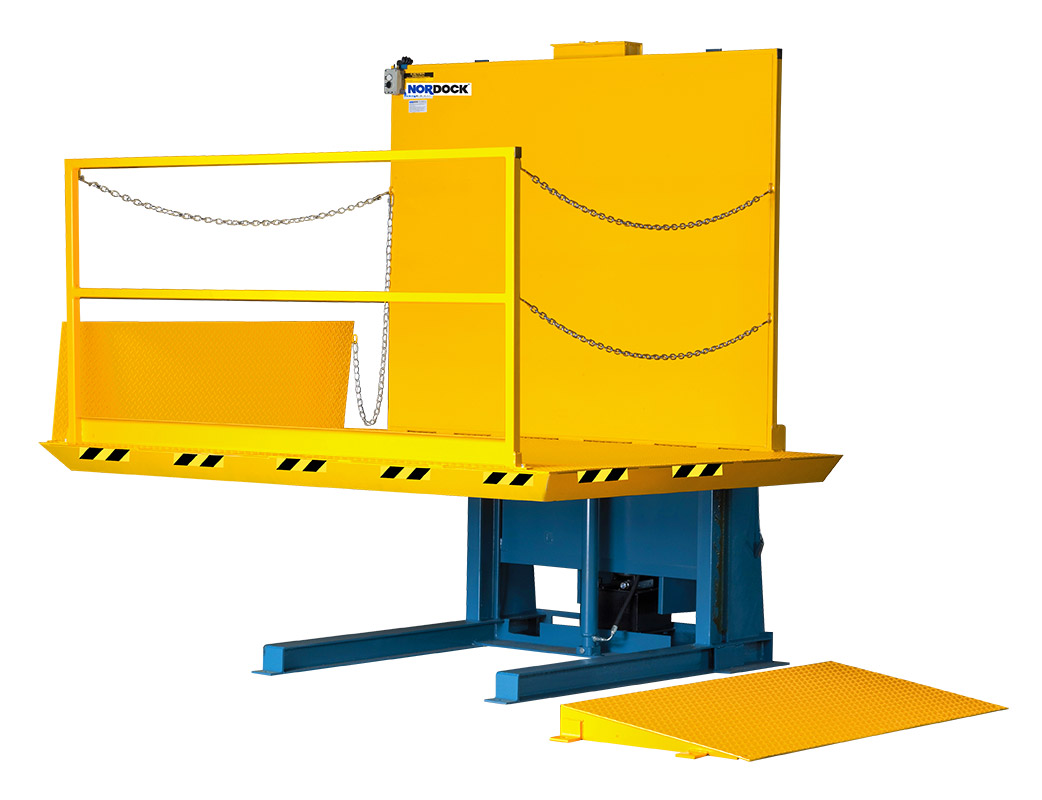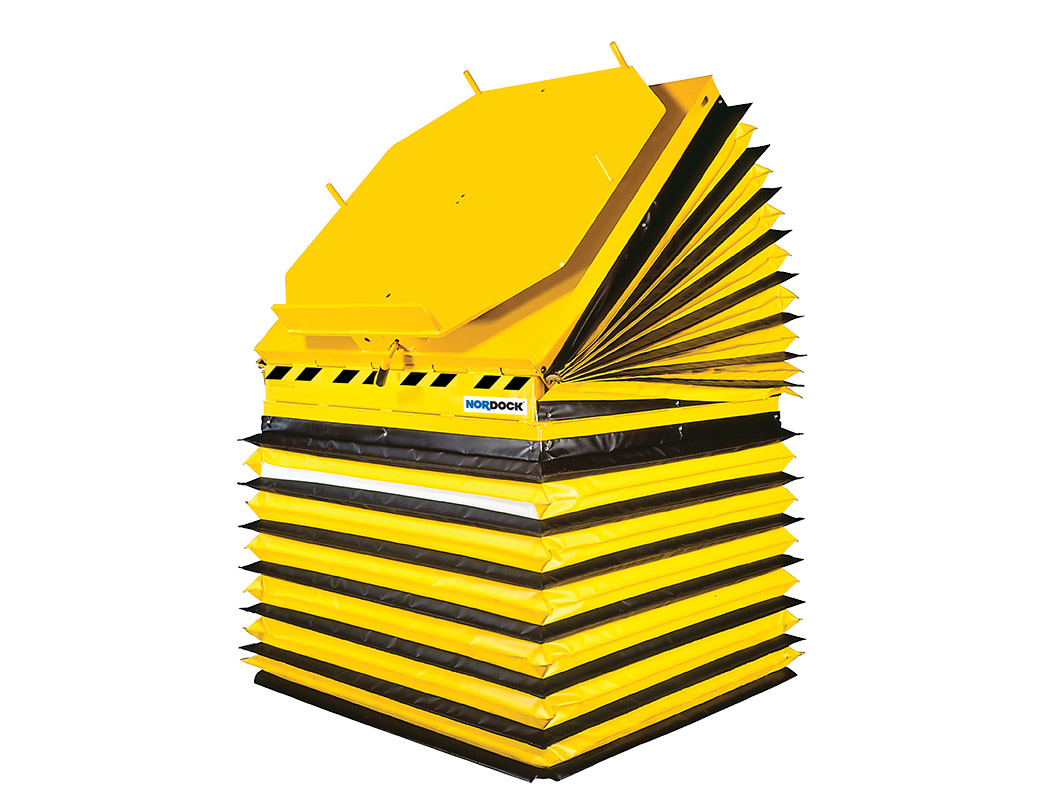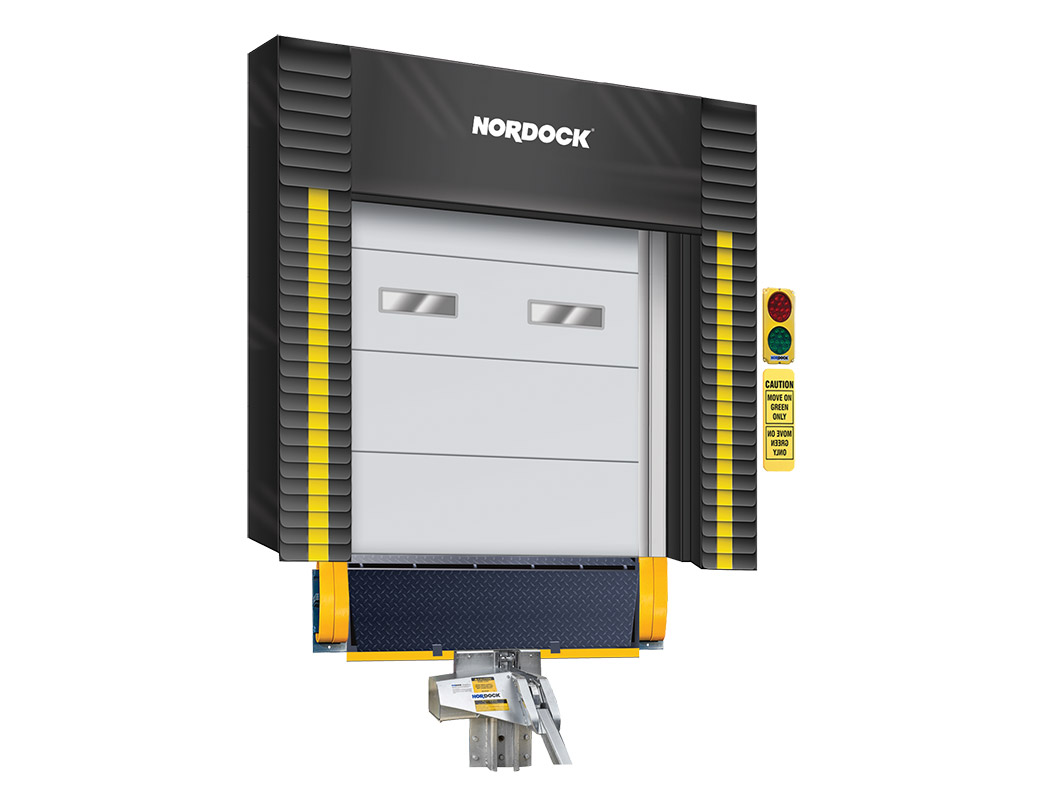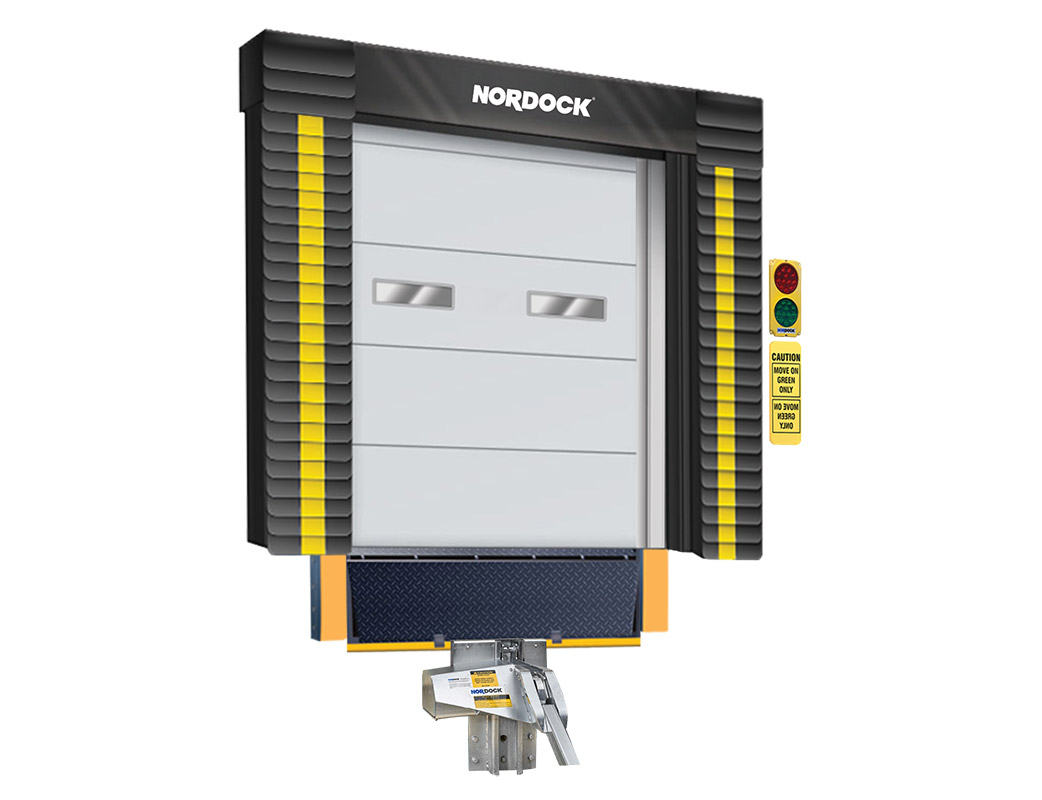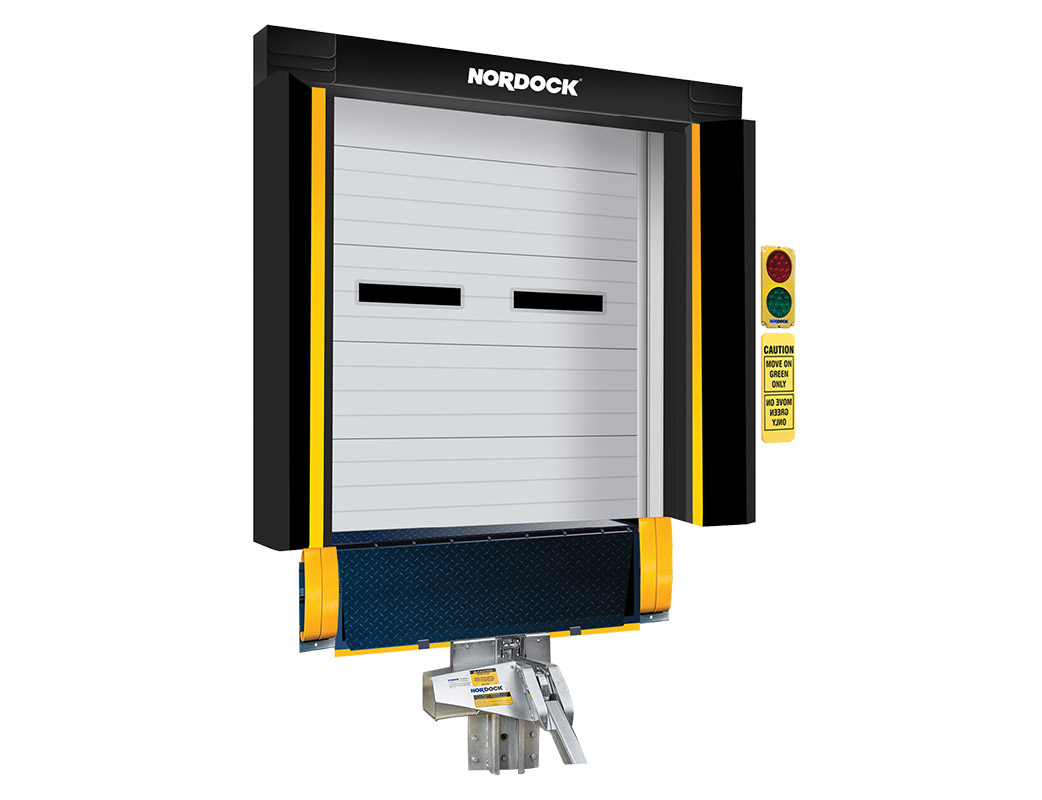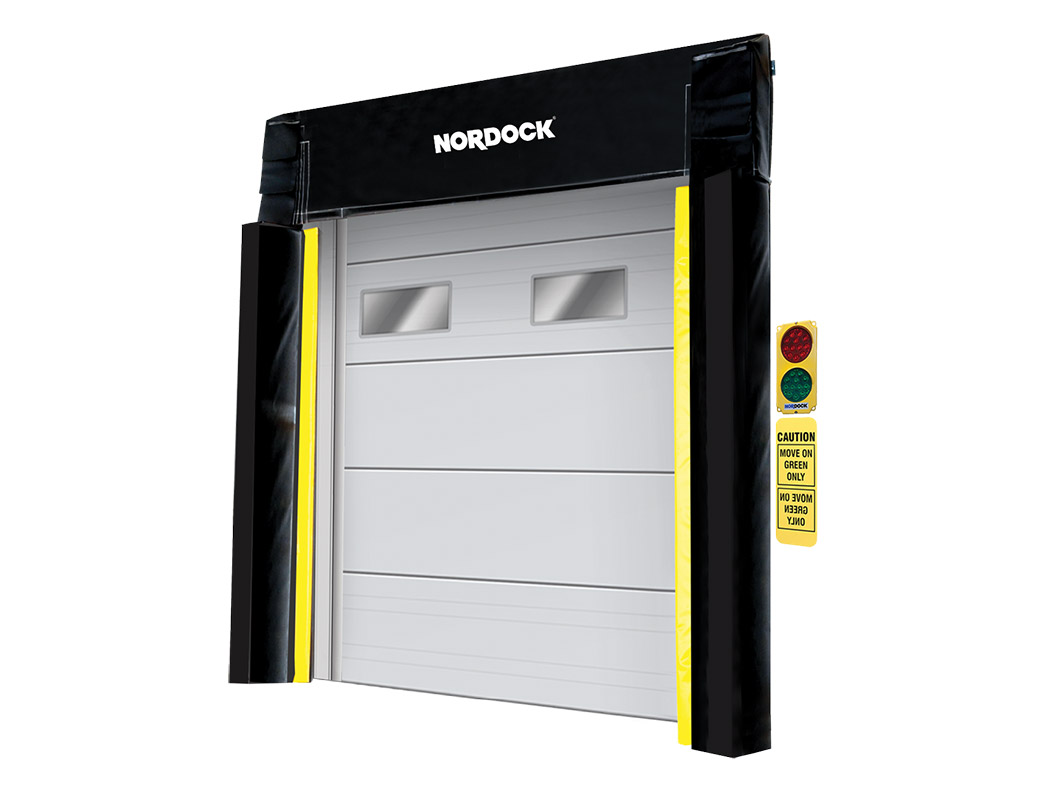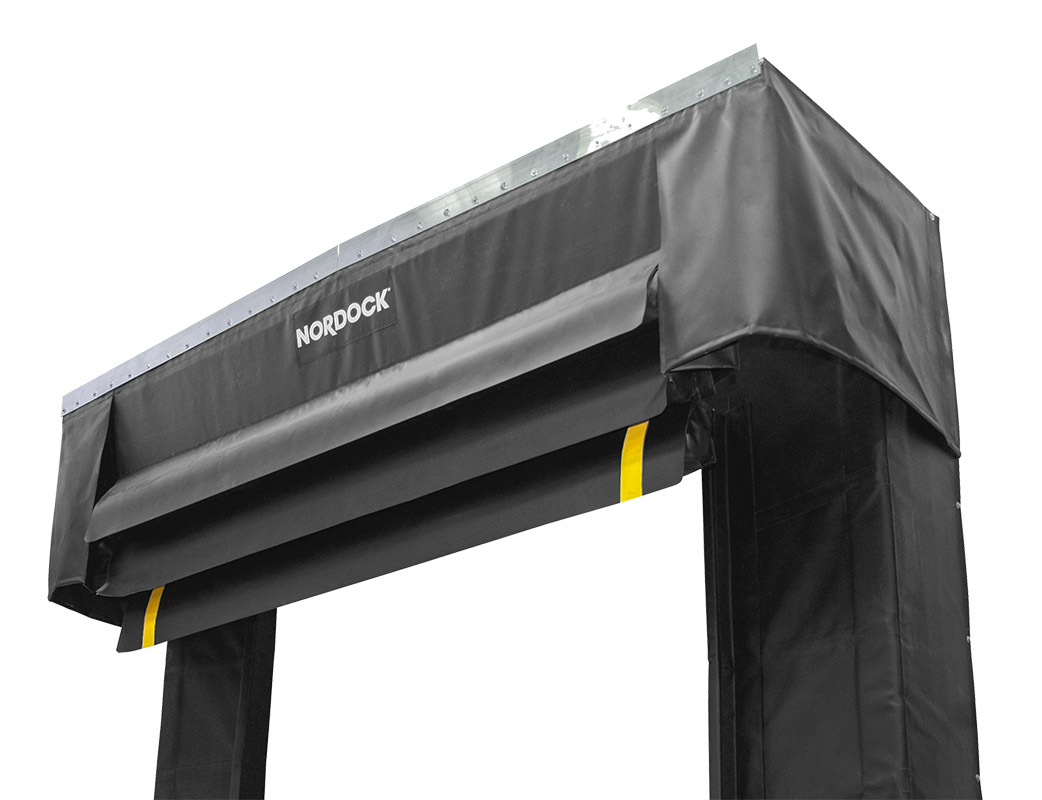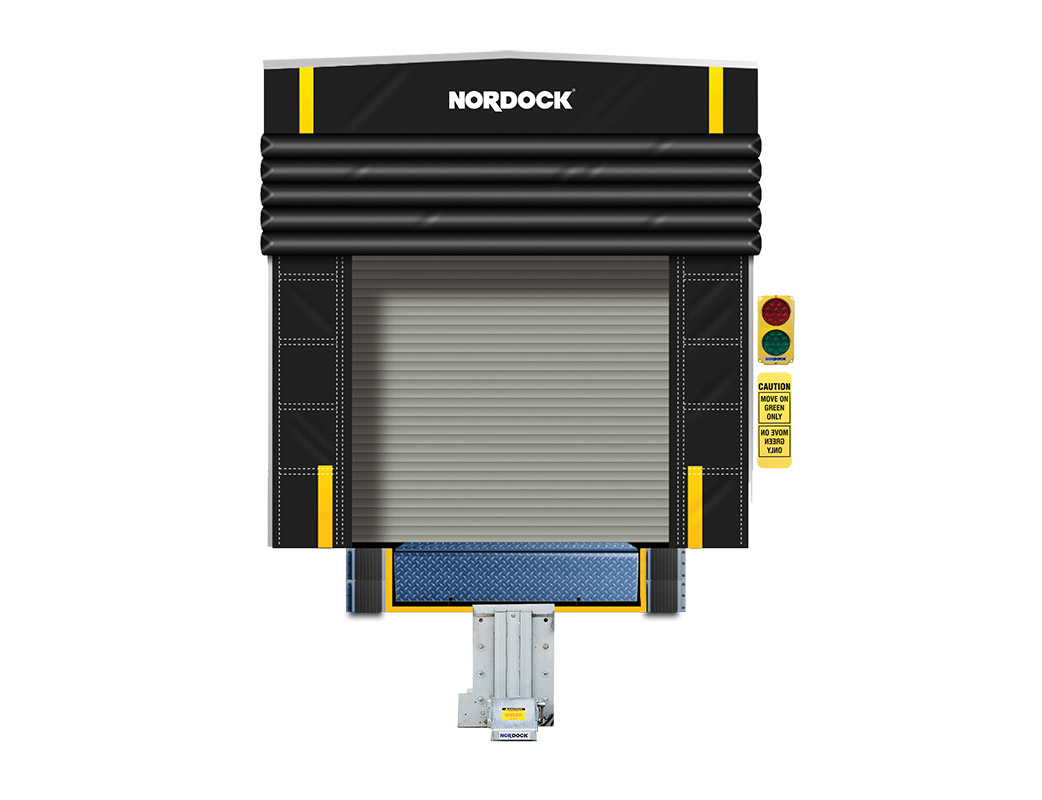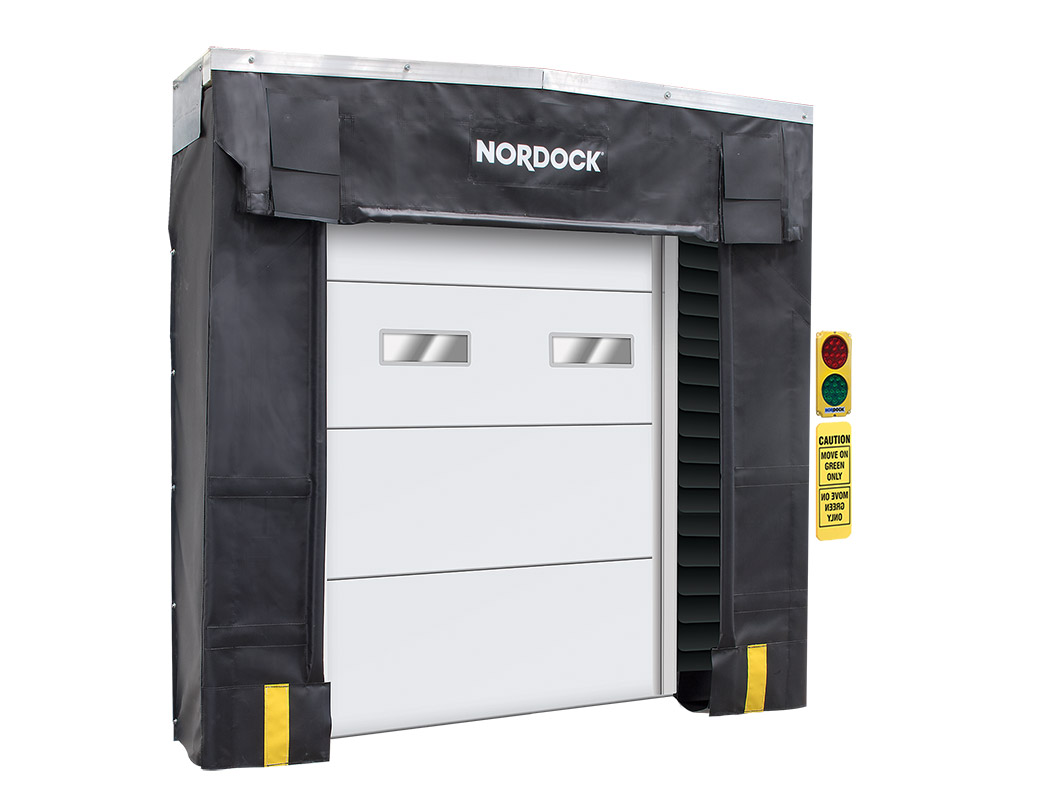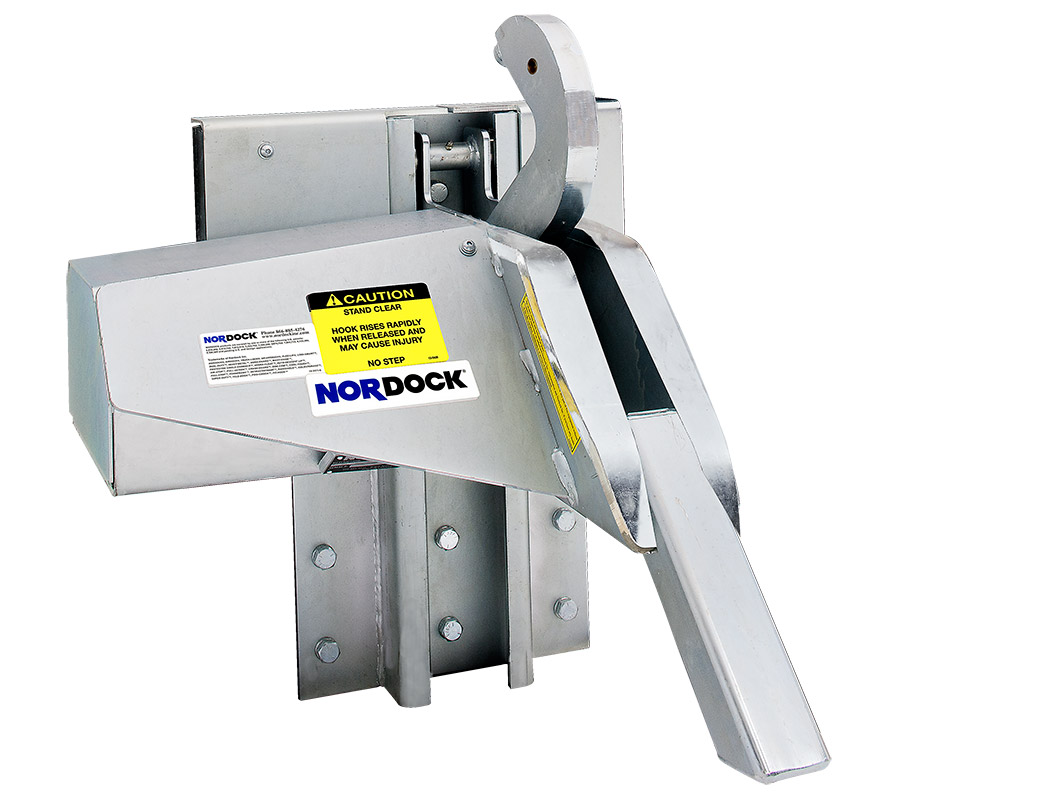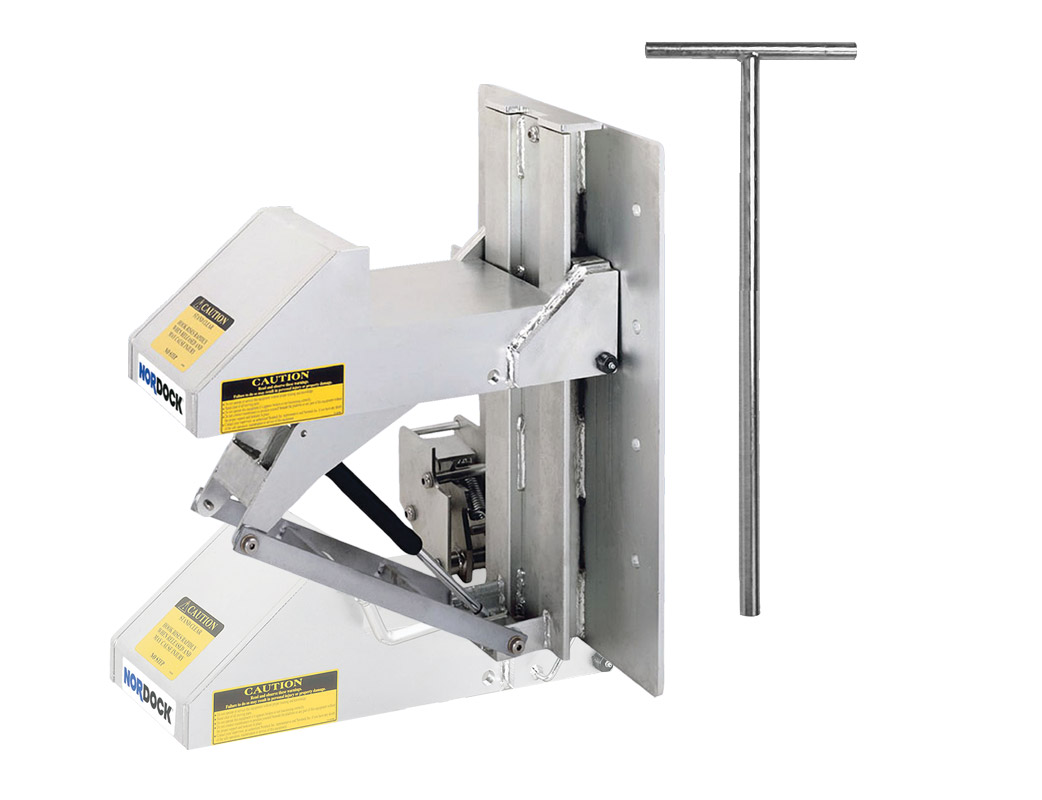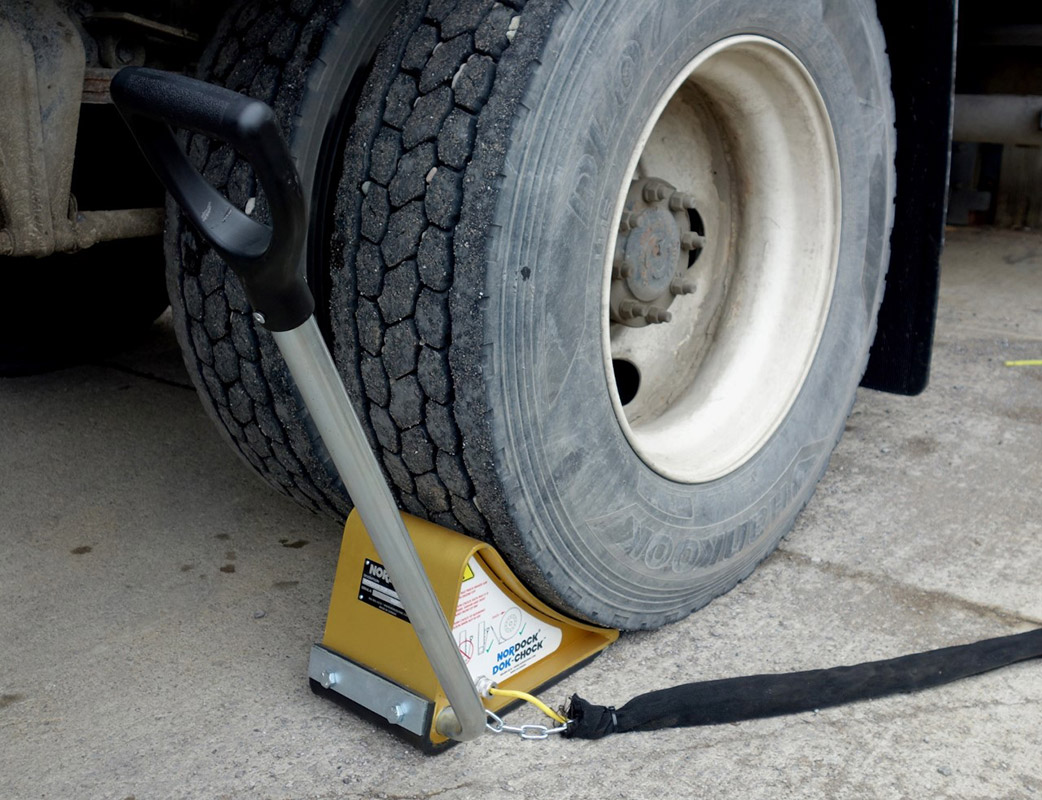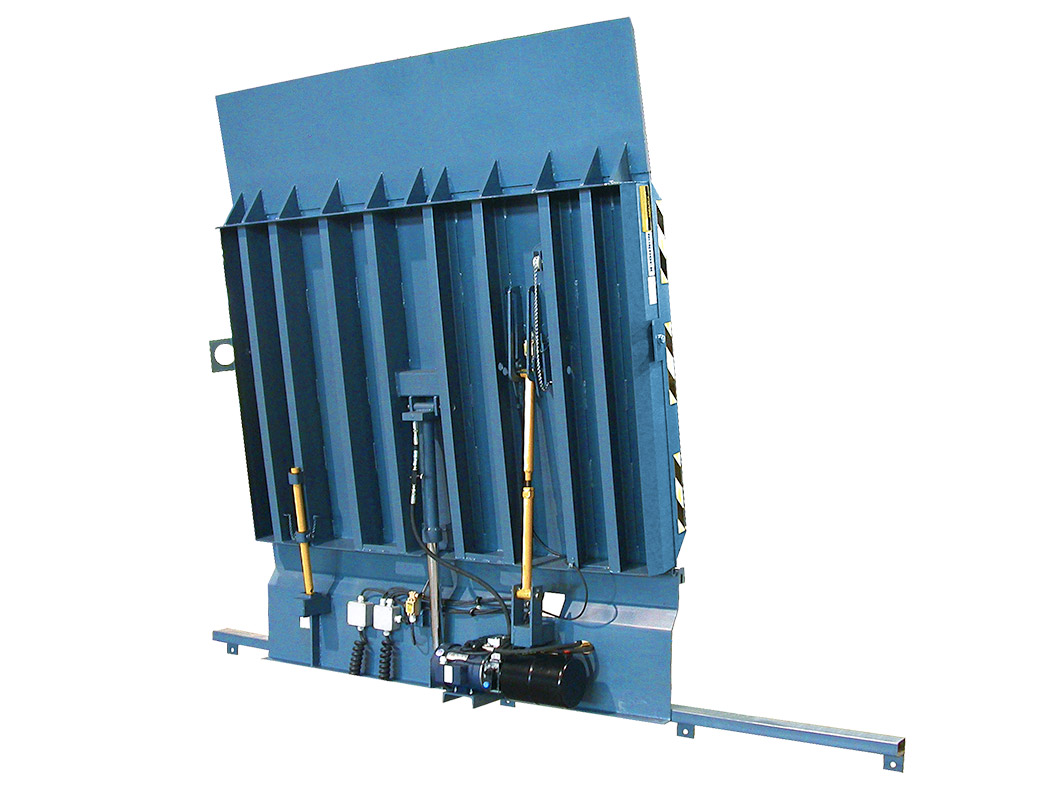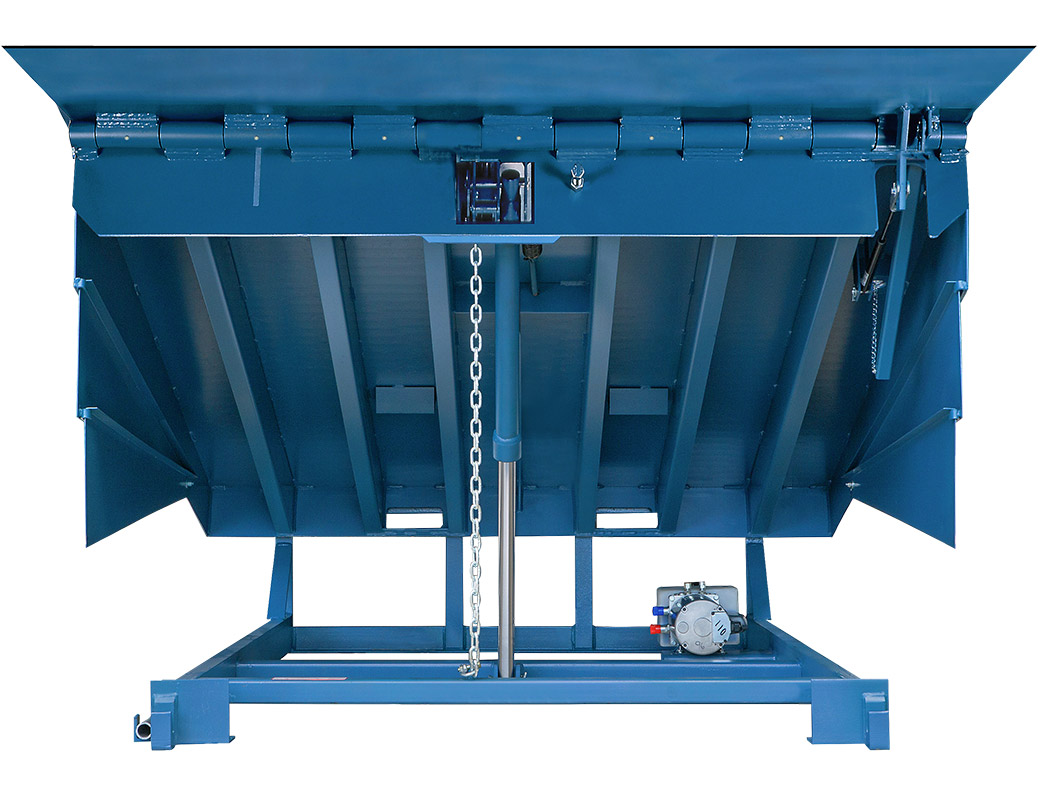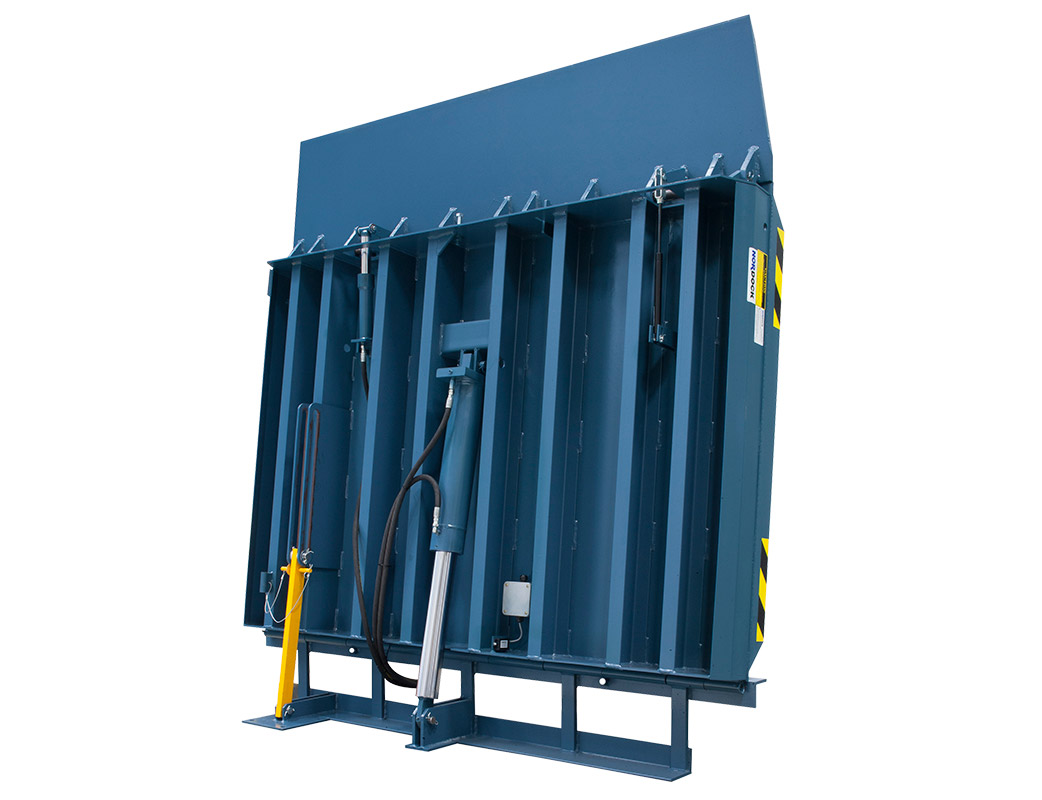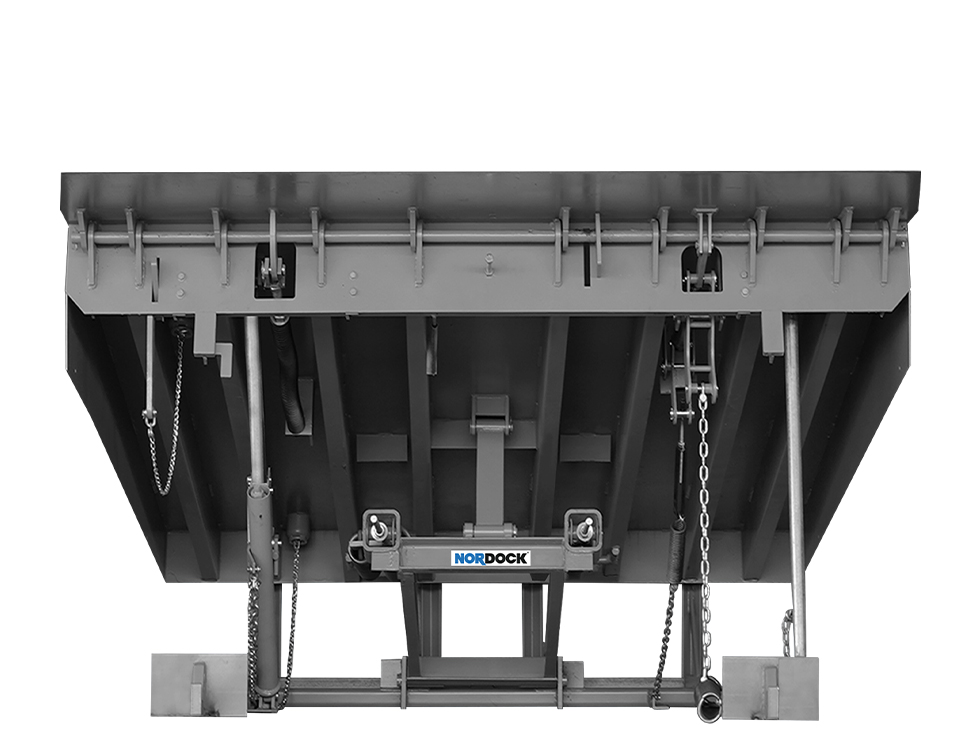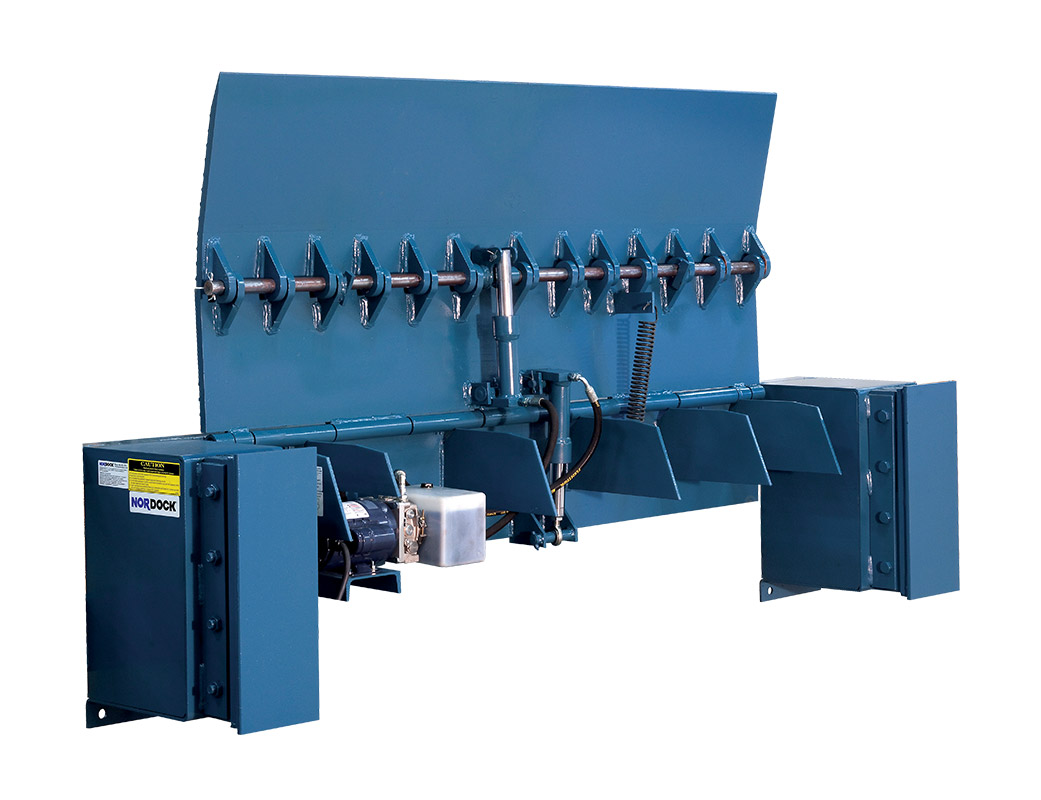
FEATURES & BENEFITS
- XTRA-WIDE™ Ramp Provides Unrestricted Access to Full-Width of Trailers and Flatbeds
- Independently Mounted, Auto-Positioning Hydraulically Activated Steel Face Bumpers
- Patented Self-Cleaning Lip Lug and Header Plate Design with 20-Year Warranty
- Zinc Coated Deck and Lip Hinge Rods
- Continuous Fixed Rear Hinge Provides Easy Transfer & Eliminates Pinch, Trip or Impact Point with 20-Year Warranty
- Heavy Duty Regenerative Cylinders with Non-Adjustable Velocity Fuse
- Dust Tight Control Panel Enclosure
- Independent Deck and Lip Maintenance Supports with Lock Out Tag Out Capability
- Full Operating Range Telescoping Side Guards
- 50,000 – 100,000 lb. Available Capacities
- Optional Safety Barrier-Lip
- Optional Full-Width Access Telescoping Side Lips
The Evolution of Identity Verification in Canadian Betting According to Betzoid Canada
The landscape of identity verification in Canadian betting has undergone dramatic transformation over the past decade, evolving from basic age confirmation processes to sophisticated multi-layered authentication systems. This evolution reflects not only technological advancement but also the maturation of Canada’s regulated gambling market, which has prioritized consumer protection and regulatory compliance since provincial frameworks began modernizing in the early 2020s.
The Foundation Years: Basic Verification Protocols
When Canadian provinces first began establishing their digital betting frameworks, identity verification systems were relatively straightforward. Ontario’s initial approach in 2022 required operators to verify basic personal information including full name, date of birth, and address through government-issued identification documents. This foundational system, while effective for establishing legal age requirements, represented just the beginning of what would become increasingly sophisticated verification ecosystems.
The early protocols typically involved manual document review processes where betting operators would examine uploaded identification documents against customer-provided information. These systems, though functional, often resulted in verification delays spanning 24 to 72 hours, creating friction in the user experience while maintaining necessary security standards. Provincial regulators recognized that balancing security requirements with user accessibility would become crucial for market success.
During this foundational period, operators like those analyzed by Betzoid Canada implemented basic Know Your Customer (KYC) procedures that focused primarily on preventing underage gambling and establishing account ownership. The verification process typically required a government-issued photo ID, proof of address, and sometimes additional documentation for enhanced security measures.
Technological Integration and Real-Time Verification
The transition toward real-time verification systems marked a significant milestone in Canadian betting identity confirmation. Advanced optical character recognition (OCR) technology began replacing manual document review processes, enabling operators to verify customer identities within minutes rather than days. This technological leap forward addressed one of the primary consumer complaints about early verification systems while maintaining rigorous security standards.
Biometric verification emerged as another crucial development, with facial recognition technology becoming standard practice for many operators. These systems compare live selfies against government-issued identification photos, creating an additional security layer that significantly reduces identity fraud attempts. The integration of artificial intelligence in these verification processes has enabled operators to detect sophisticated forgery attempts and flag potentially fraudulent applications for manual review.
Provincial regulators have embraced these technological advances, with many jurisdictions updating their regulatory frameworks to accommodate new verification methods. For those interested in understanding how these developments have shaped the current landscape, check this out for comprehensive analysis of how different provinces have adapted their verification requirements to balance security with user experience.
The implementation of blockchain-based verification systems represents the cutting edge of identity confirmation technology in Canadian betting. These systems create immutable records of verified identities while enabling operators to share verification status across platforms, reducing redundant verification processes for consumers who hold accounts with multiple licensed operators.
Regulatory Evolution and Compliance Standards
Canadian regulatory bodies have continuously refined their identity verification requirements as the market has matured. The Alcohol and Gaming Commission of Ontario (AGCO) has established comprehensive guidelines that require operators to implement multi-factor authentication systems, conduct ongoing monitoring of customer accounts, and maintain detailed records of all verification activities.
Enhanced due diligence requirements have become standard for high-value transactions and suspicious activity patterns. These protocols require operators to conduct additional verification steps when customers exceed certain deposit thresholds or exhibit betting patterns that might indicate money laundering or other illicit activities. The implementation of these enhanced protocols has created a more secure betting environment while requiring operators to invest significantly in compliance infrastructure.
Cross-jurisdictional cooperation has emerged as another crucial element of modern verification systems. Canadian operators now participate in shared databases that help identify individuals who may have been excluded from gambling activities in other jurisdictions, creating a more comprehensive approach to responsible gambling enforcement.
The regulatory framework has also evolved to address privacy concerns, with strict guidelines governing how operators collect, store, and use customer verification data. These privacy protections have become increasingly important as verification systems have become more sophisticated and comprehensive in their data collection practices.
Future Developments and Emerging Technologies
The future of identity verification in Canadian betting points toward even more sophisticated and seamless authentication methods. Digital identity wallets, which allow consumers to maintain verified credentials across multiple platforms, are being tested by several provincial regulators as a means of streamlining the verification process while maintaining security standards.
Artificial intelligence continues to play an expanding role in verification systems, with machine learning algorithms becoming increasingly adept at detecting fraudulent documents and identifying suspicious behavioral patterns. These AI-powered systems can now analyze hundreds of data points in real-time, creating verification decisions that are both faster and more accurate than traditional methods.
The integration of government digital identity systems represents another promising development. Several provinces are exploring partnerships that would allow betting operators to verify customer identities through existing government digital services, potentially eliminating the need for separate verification processes while maintaining the highest security standards.
Continuous authentication systems, which monitor user behavior patterns throughout their betting sessions, are also being developed to provide ongoing verification of account ownership. These systems can detect when accounts may have been compromised and require additional authentication steps to maintain security.
The evolution of identity verification in Canadian betting reflects the broader maturation of the country’s regulated gambling market. From basic document checks to sophisticated AI-powered systems, verification protocols have become increasingly effective at preventing fraud while improving user experience. As technology continues to advance and regulatory frameworks evolve, Canadian betting operators will likely implement even more innovative verification solutions that balance security, privacy, and accessibility for legitimate customers.









